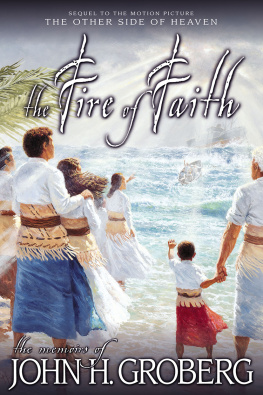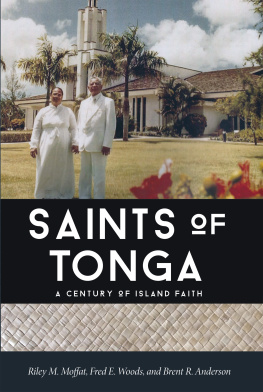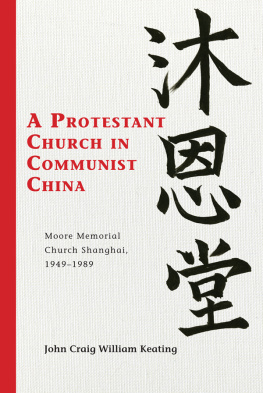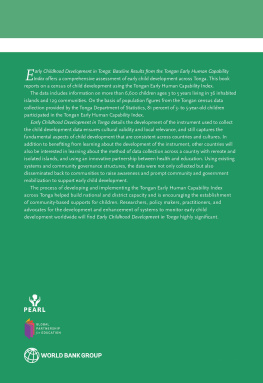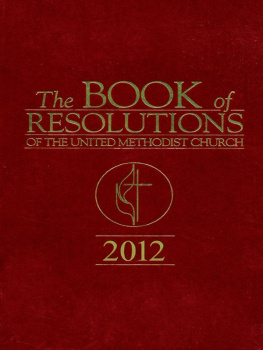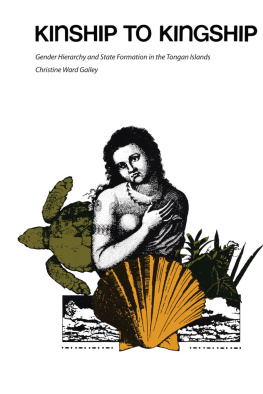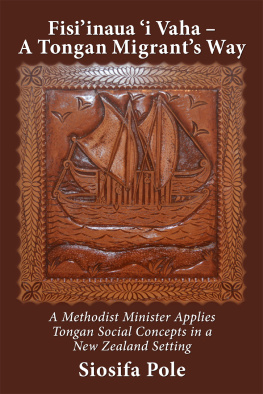First published 1974 by Australian National University Press
Canberra, ACT, Australia
This edition was created from a facsimile of the original
Published 2014 by UQ ePress,
an imprint of University of Queensland Press
PO Box 6042, St Lucia, Queensland 4067 Australia
www.uqepress.com.au
www.uqp.com.au
Sione Latukefu 1974
This book is copyright. Except for private study, research, criticism or reviews, as permitted under the Copyright Act, no part of this book may be reproduced, stored in a retrieval system, or transmitted in any form or by any means without prior written permission. Enquiries should be made to the publisher.
Ebook produced by Read How You Want
Typeset in 10/11 Sabon by Type Graphic Singapore Pte Ltd
Cover design: Kate Barry
UQ ePress Pacific Studies Series Editorial Committee:
Professor Clive Moore (Chair)
Professor Brij Lal
Cataloguing-in-Publication Data available from the National Library of Australia
http://catalogue.nla.gov.au/
UQ ePress pacific studies series
ISBN (pbk) 9781921902345
ISBN (pdf) 9781921902369
ISBN (epub) 9781921902352
UQ ePress Pacific Studies Series
Tax Havens and Sovereignty in the Pacific Islands
Anthony van Fossen
Gods Gentlemen
A History of the Melanesian Mission, 18491942
David Hilliard
The Samoan Tangle
A Study in Anglo-German-American Relations 18781900
Paul M. Kennedy
White Women in Fiji 18351930
The Ruin of Empire?
Claudia Knapman
The Chiefs Country
Leadership and Politics in Honiara, Solomon Islands
Michael Kwaioloa and Ben Burt
Church and State in Tonga
The Wesleyan Methodist Missionaries and Political Development, 18221875
Sione Latukefu
Race and Politics in Fiji
(Second Edition)
Robert Norton
Managing Modernity in the Western Pacific
Mary Patterson and Martha MacIntyre
Grass Huts and Warehouses
Pacific Beach Communities of the Nineteenth Century
Caroline Ralston
Workers in Bondage
The Origins and Bases of Unfree Labour In Queensland 18241916
Kay Saunders
They Came for Sandalwood
A Study of the Sandalwood Trade in the South-West Pacific, 18301865
Dorothy Shineberg
Papua New Guinea
Initiation and Independence
Don Woodford
Preface
POLITICALLY, Tonga, until 4 June 1970, was a constitutional monarchy under the protection of Great Britain. While the treaty which provided British protection was not entered into until the beginning of this century, Tonga became a constitutional monarchy in 1875. Varying opinions have been expressed concerning the part played in the development of this monarchical system by the Wesleyan Methodist missionaries, since their influence dominated the affairs of Tonga during the first fifty years of their work in the group.
Regarding the constitutional development in Tonga as a disastrous error, Basil Thomson (1894:222-3), laid the blame at the Methodist missionaries door. Louis B. Wright and Mary Isabel Fry (1936:259-60), taking their cue from Thomson, wrote:
From the first, they [the Methodist missionaries] itched to change the patriarchal feudal system to some form that comported with the democratic ideas that most of them had acquired in Australia, where the belief in universal suffrage had already taken root. The preachers longed to see pious Tongans voting blue laws to bring about the Methodist millennium that they envisaged. King George, devout Methodist that he was, had other views, however, and it was not until 1862, at the height of theocratic power, that the preachers persuaded him against his better judgment to give the people a magical instrument of government called a Constitution....
For reasons diametrically opposed to those held by Thomson and his disciples, friends and supporters of missionary work claimed the same constitutional development as evidence of a remarkably successful missionary enterprise, and gave full credit to the missionaries for this outstanding achievement. They believed that civilisation and law and order were the spontaneous results of evangelisation and would not have developed except in ground prepared by the missionaries. The missionaries themselves subscribed to this view as the following remarks show:
A more hallowed and noble triumph, of Gospel truth, Tonga had never witnessed, than when the social and political advancement of its population was thus acknowledged, by king, chiefs, and commoners, to be the sole result of that enlightenment and saving grace, which the religion of Jesus Christ had imparted, and before which heathenism and tyranny had fallen to rise no more (West 1865:438).
Although these commentators were clearly convinced that all political changes in Tonga were to be directly attributed to the influence or interference of the Wesleyan missionaries, there is a need to re-examine this question from a less partisan viewpoint. It is the purpose of this book to try to assess critically and objectively the significance of the part played by the Methodist missionaries in the political development of Tonga from the re-establishment of their mission in 1826 to the promulgation of the Tongan Constitution in 1875. It attempts to demythologise the firmly established notions consciously or unconsciously developed and perpetuated either for purposes of religious propaganda by the supporters of the mission or for denigration by its opponents. It tries to assess the overall impact which the missionaries had upon the Tongan way of life at this time and to determine whether, in fact, they were solely responsible for the political changes in Tonga, as some writers have claimed.
I would like to express my gratitude to all those who, in one way or another, kindly assisted me both in my research and in the preparation of this work. I feel indebted to so many that it is impossible to acknowledge everyone by name, but I would ask those whose names do not appear on these pages to accept my very sincere thanks for their help.
My thanks go to the staff of the following libraries and archives for their valuable assistance in making my research easier and more enjoyable: the National Library of Australia, Canberra; the Mitchell Library, Sydney; the Turnbull Library and the New Zealand National Archives in Wellington, New Zealand; to Ian Diamond, former archivist of the Fiji Archives, and many others in various institutions in Australia, New Zealand and Fiji.
I must acknowledge my indebtedness to the General Secretary of the Methodist Overseas Mission, the Reverend C.F. Gribble, O.B.E., and the Reverend E.V. Newman, who permitted the use of the Methodist Overseas Mission Archives; to Dr D. Williams of Trinity College, Auckland, for the use of the College archives; to the Reverend J.B.H. Robson, for the use of Methodist archives in Suva; to the Reverend G. Harris, then President of the Wesleyan Church in Tonga and to Bishop J.H.M. Rodgers, of the Roman Catholic Church, for the use of their respective archives at Nukualofa, and also to Father C.P. Butler and Father Mingam of the Marist Fathers headquarters at Hunters Hill, Sydney, for the use of the monasterys archives, their useful criticisms of the sections on the Roman Catholic mission, and the translation of letters from the French.


